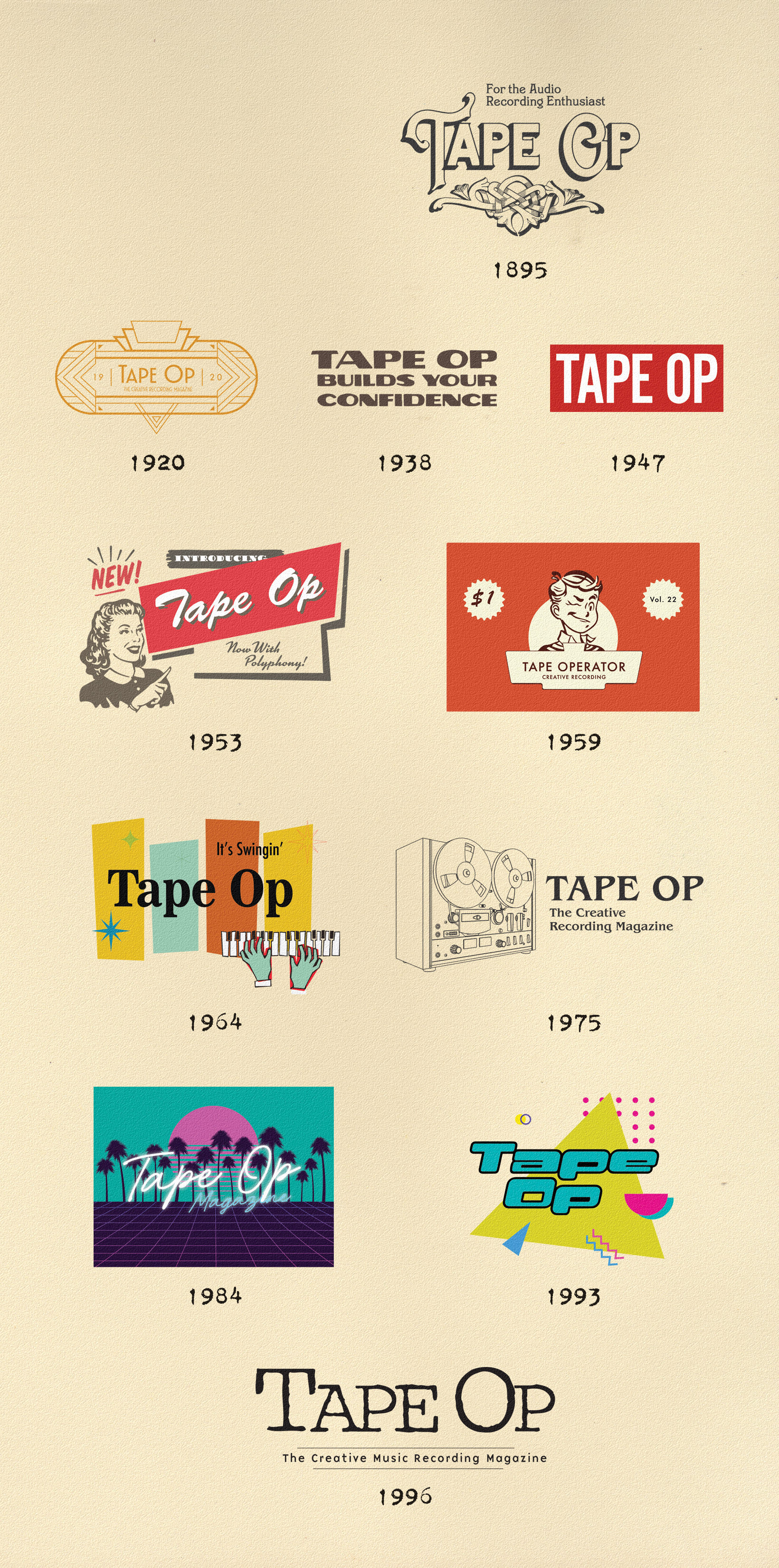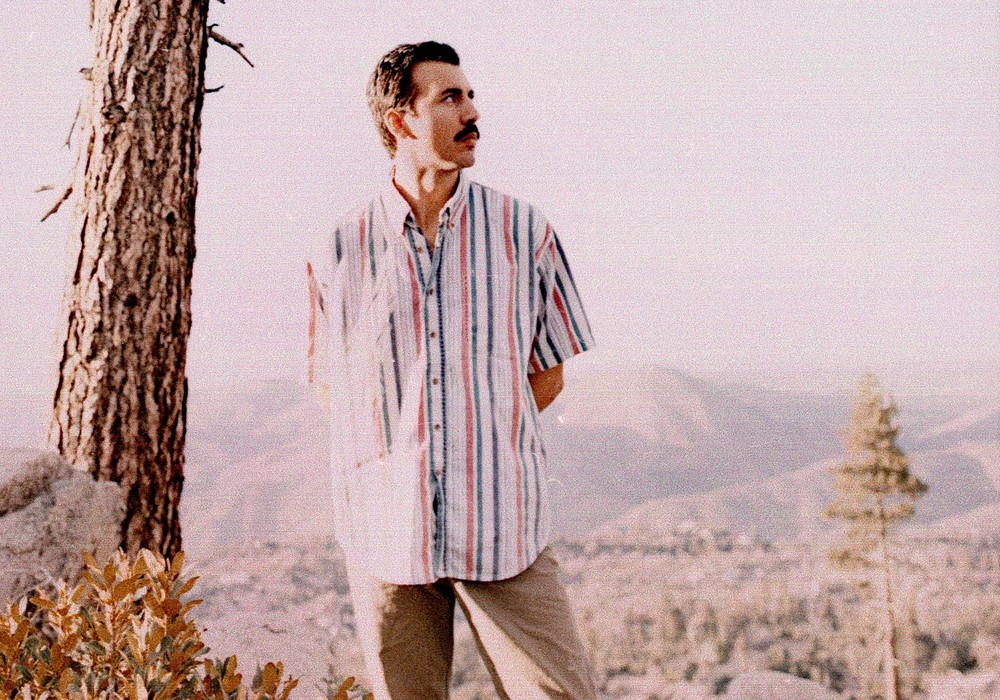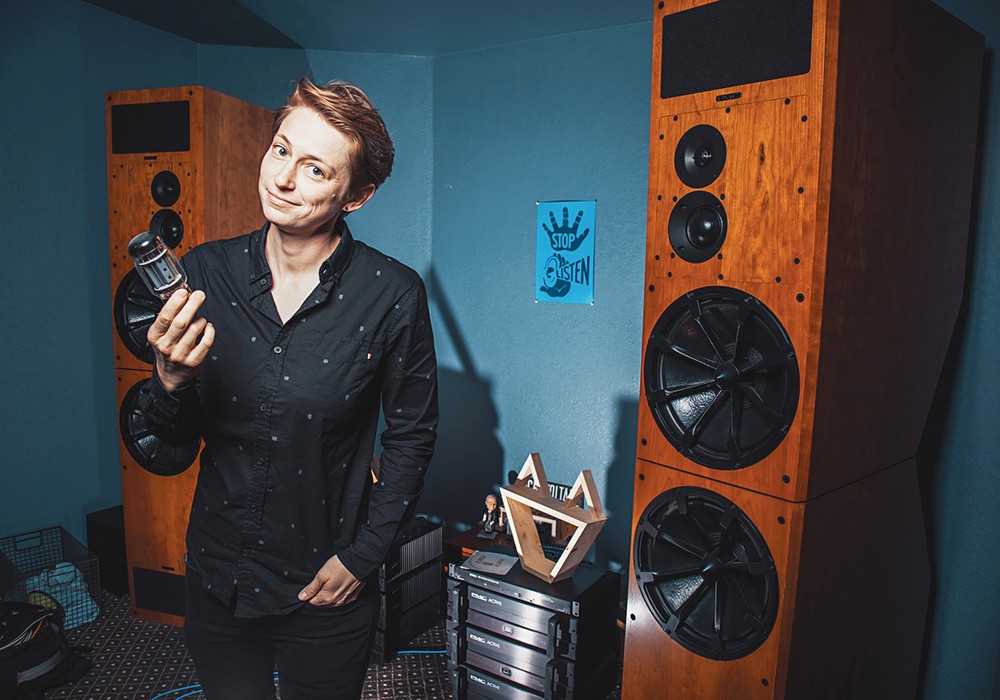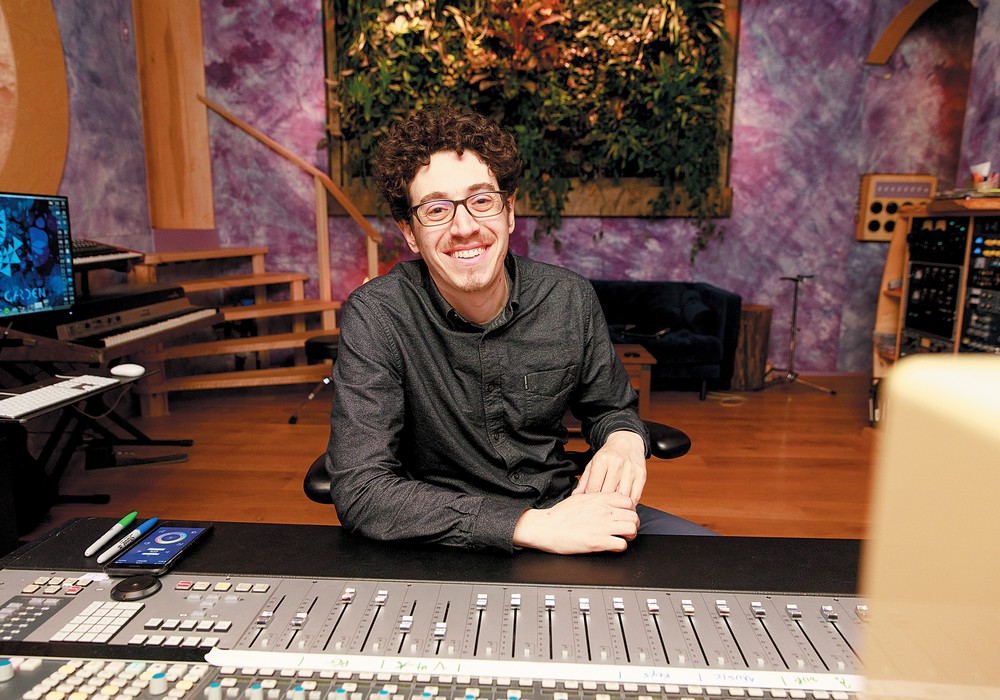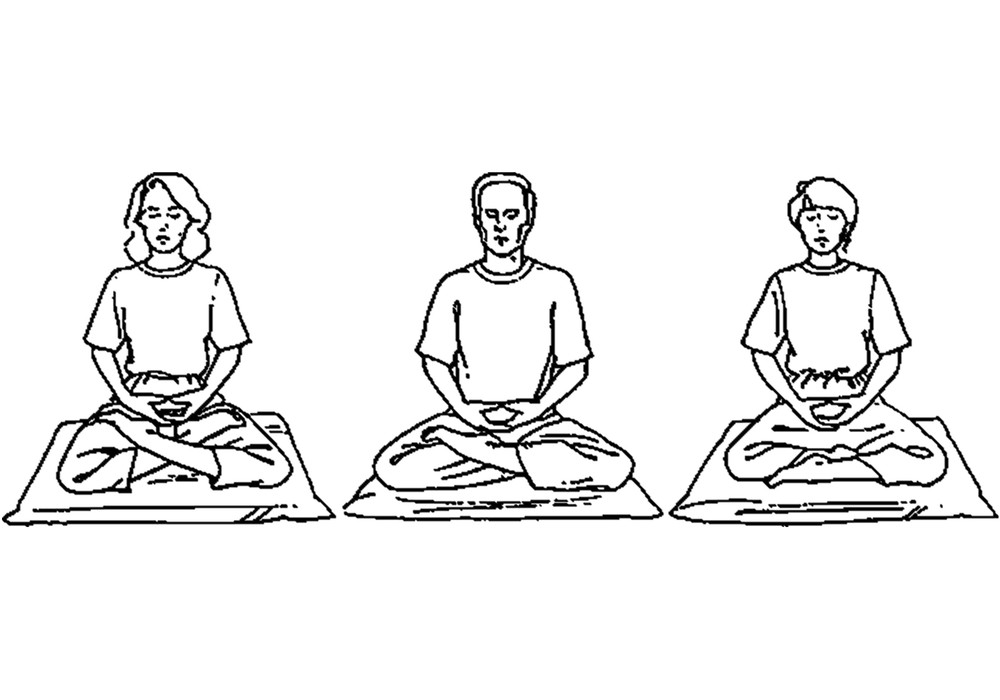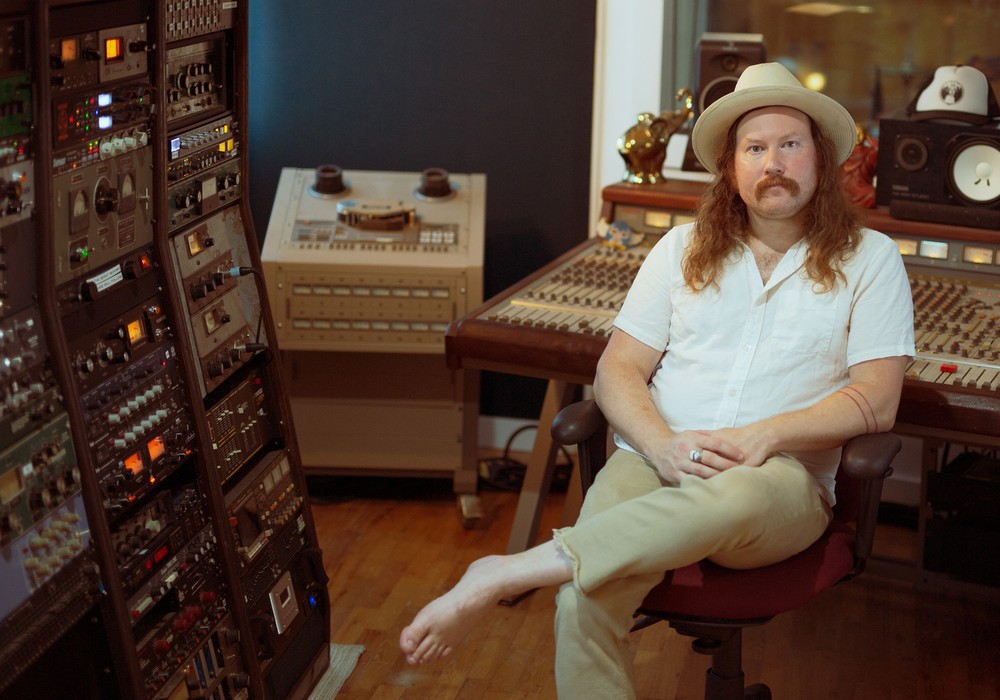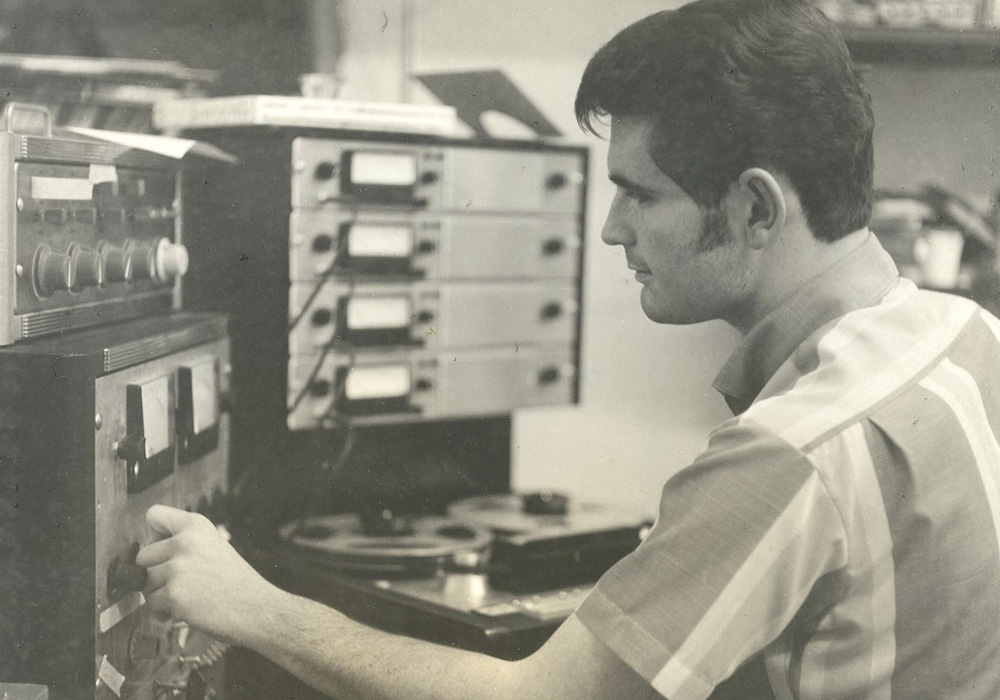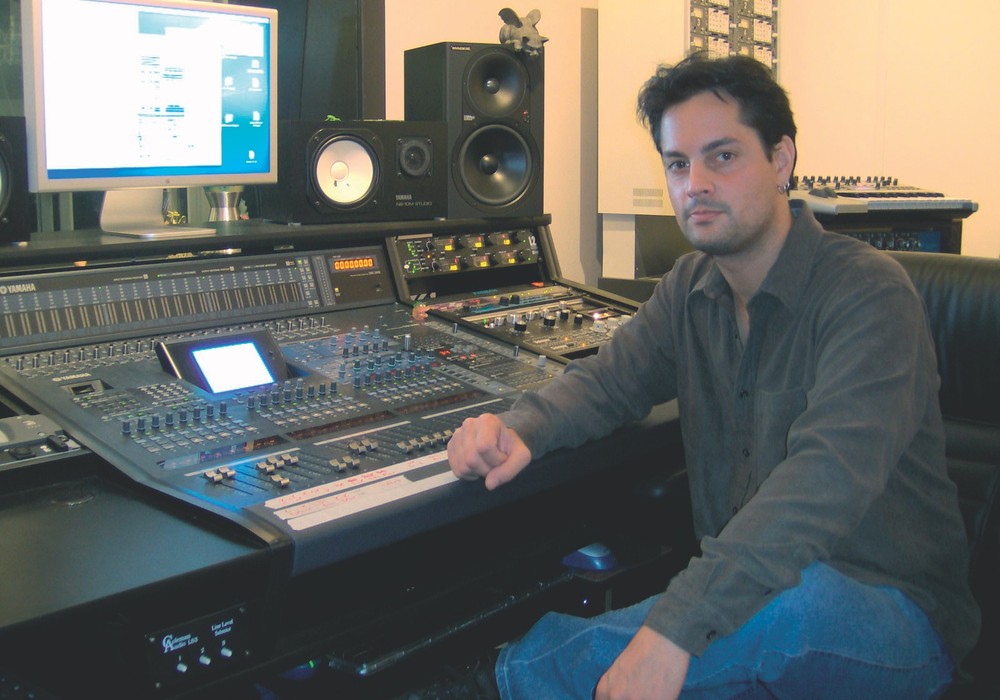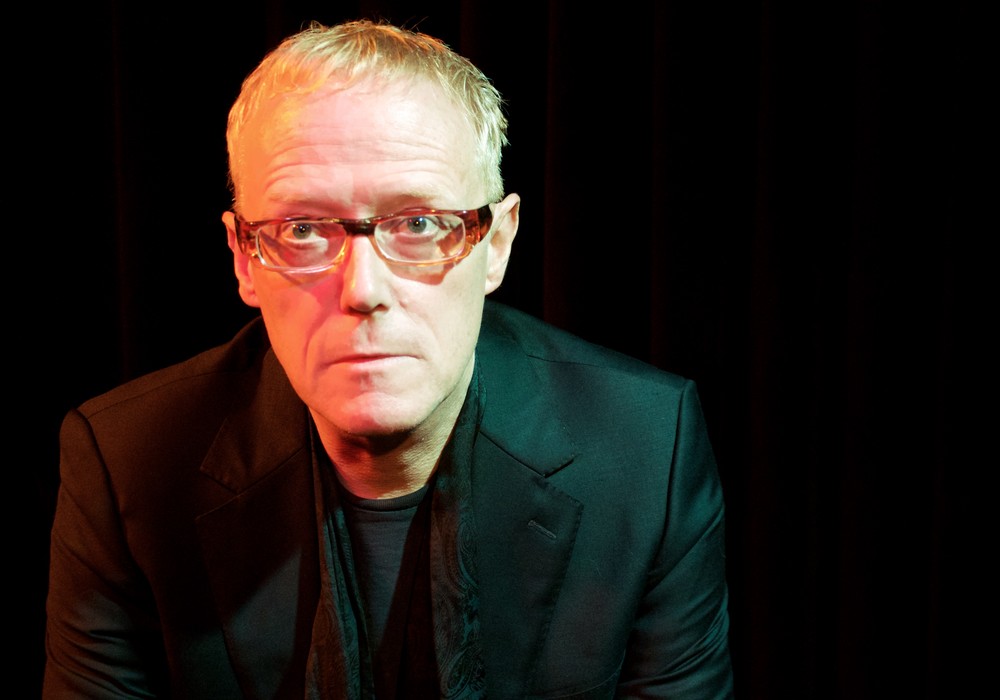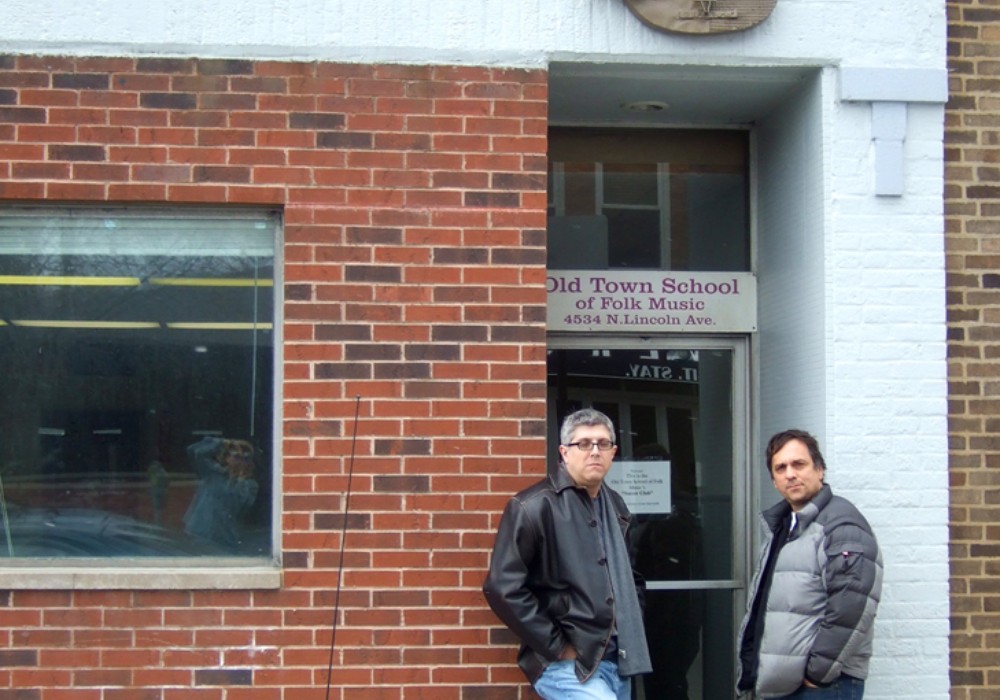How did you first become interested in recording?
It grew out of being a musician. You're a musician, and you need to record. When my brother Rick and I were kids we both played drums and guitar. By the time we started The Grip Weeds in college, I decided to play drums and he played guitar. But earlier on, when he was about 11 years old, he started recording with a family friend. This was my first experience with recording. It may have been two stereo cassette decks, and they would go and bounce back and forth. By the time you're done, you get this very lo-fi sounding multitrack recording with generations of bounces. In college, once we started the band, we needed a demo. "Oh Rick, you know how to do that." So, we wound up getting our first 4-rack reel-to-reel. I remember we'd started the band; I'd just started working at a job, and it was right around the time CDs came out. I said to my friend, "I don't have enough money for both, but I'm either going to get a CD player or a 4-track reel-to-reel. What should I get?" He said, "The question you should ask yourself is do you want to listen to music, or do you want to make music?" And I went and bought the 4-track.
Was it a TEAC?
Yeah, it was a TEAC 2340 with 1/4-inch tape. We had to do it because we needed demos. We started small, with a 4-track, the most basic of little mixing boards, and the most basic microphones. There was no patchbay; we had to go behind the machine. We were really informed by '60s beat music, or rock music, especially The Beatles.
Sure!
Our ambitions as a recording act were small. "Let's get a good sound that represents what we sound like live, so that we can be taken seriously and we can get a gig." It taught us all the basics of how to get the sound and how to get the track down in a very primitive way. With 4-tracks, you have to have to plan. I don't think people have that training now because of virtual recording; DAW is all done and connected in the box.
It was such a different world when you had to make records that way, but the results can be magical.
Yeah, because we were engaged in the limitations of it, and we only have x number of things we could do before it was all destroyed by generation loss. You've got to plot your moves like a chess game. What if we want stereo? Well, then that requires a 2-track panning scheme, and that is ruined if we're bouncing tracks around the 4-track. Our first EP [See You Through] was recorded on two 4-tracks. We'd fill up the four tracks on one deck, bounce down to two on the new 4-track, and then add two more vocals there. Usually that was where we'd stop. We did go to some [proper] studios, and we found that the people we worked with didn't quite get what we wanted. We found that the 4-track demos we were making ourselves were more relaxed, more imaginative – and we thought, "Maybe we can make these the record."
So, that's what you did?
Yeah. We had a bass player at the time, Mick Hargreaves. He had a cassette 4-track, and with that he produced his own 45. He went to Water Music in Hoboken to mix it down and put it out as a 45. We're like, "We could do that!" We put out the record, the record got reviewed, and then we got some attention. It got to a label called Twang! Records in Germany, and they said, "What else do you have?" We had a couple of songs that we had recorded in the proper studios, and we put those out in Germany as another 45. Then we thought, "Let's make an album." Now we knew we could go to Water Music to mix it – we'd bring the whole machine because this was semi-pro gear. It was okay, but we didn't get the thunderous bass...
